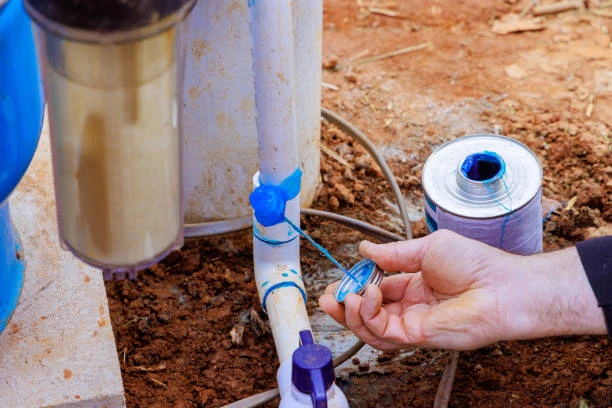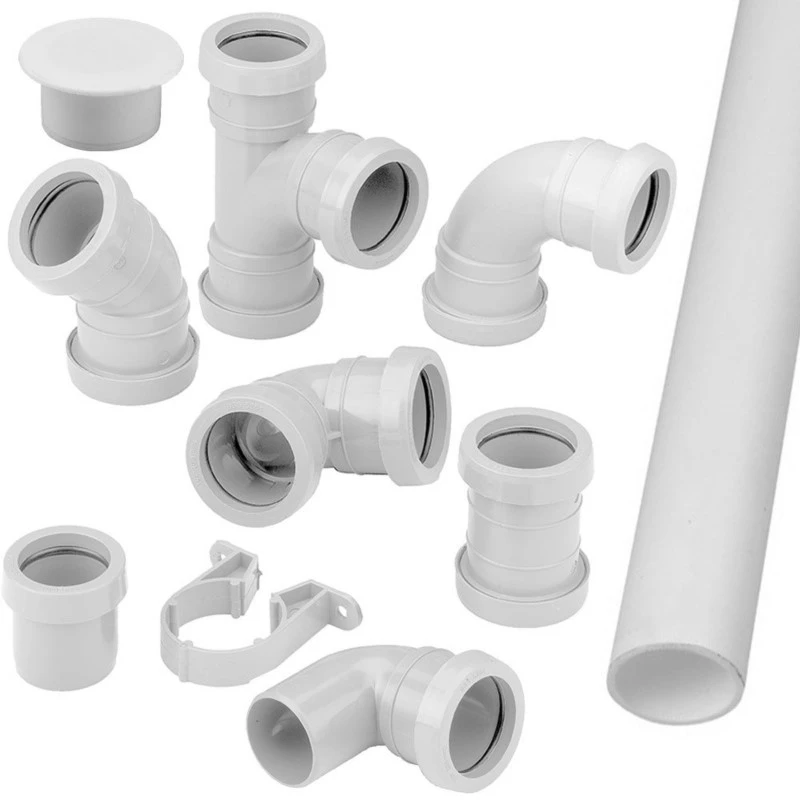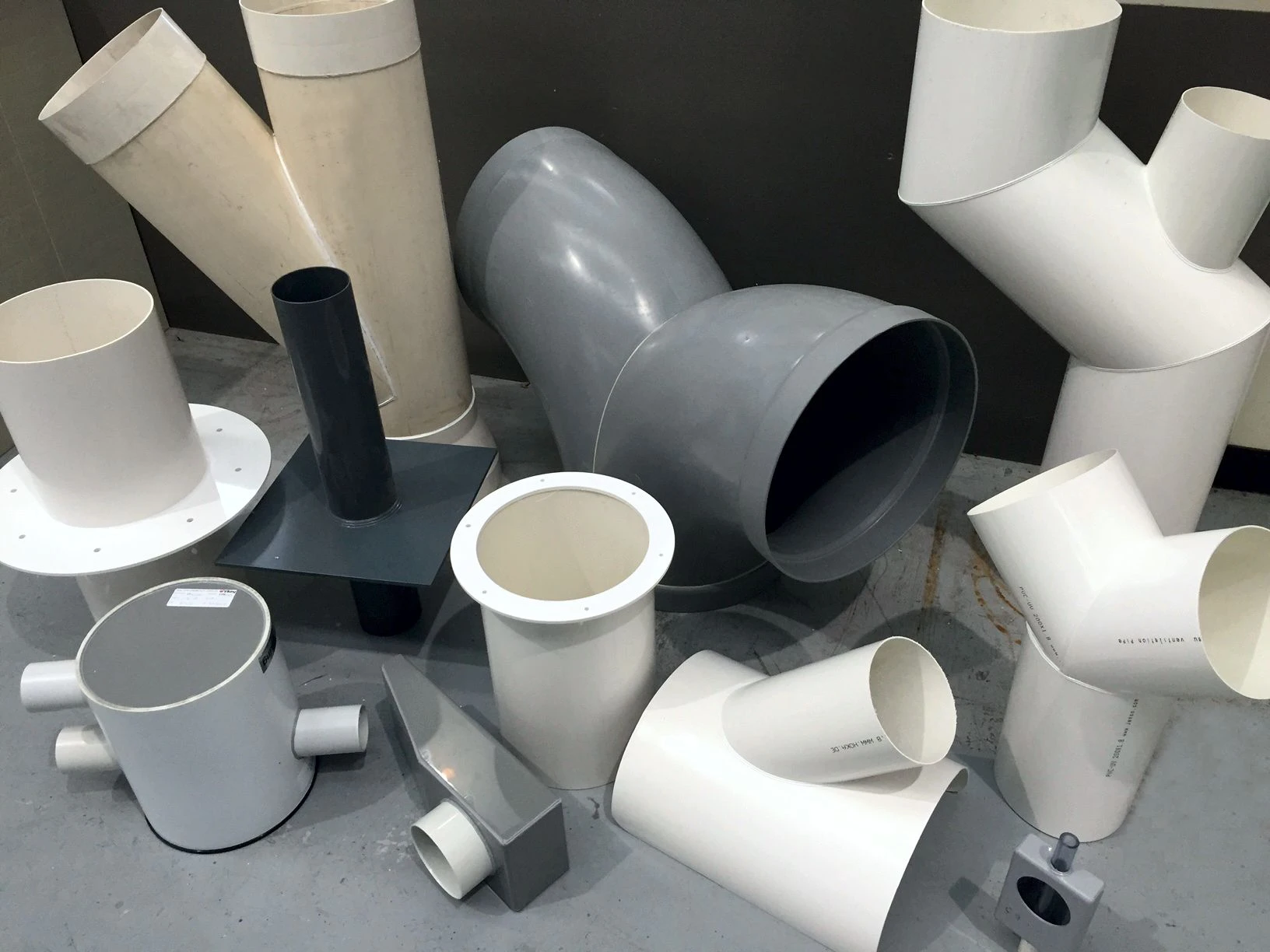Introduction
In recent news, several manufacturers of TIS 17-2532 PVC Pipe have been accused of engaging in price-fixing practices. This has raised eyebrows in the construction and plumbing industries, as price manipulation can significantly affect project budgets and consumer trust. Let’s explore the details surrounding these allegations.
What is Price-Fixing?
Price-fixing occurs when companies conspire to set prices at a certain level rather than allowing market forces to dictate them. This unethical practice can lead to inflated prices for consumers and a lack of competition in the market.
The Allegations
The allegations against TIS 17-2532 PVC Pipe manufacturers suggest that these companies coordinated to raise prices unfairly, affecting both retailers and consumers. This price-fixing scheme reportedly led to increased costs for construction projects, impacting everything from residential plumbing to large-scale infrastructure.
Impacts on the Industry
1. Increased Costs for Consumers
As prices for TIS 17-2532 PVC pipes rise due to alleged price-fixing, consumers are left to shoulder the financial burden. This can lead to higher costs for home renovations, plumbing repairs, and new construction projects.
2. Stifled Competition
When major players in the industry engage in price-fixing, smaller manufacturers and new entrants struggle to compete. This can result in less innovation and fewer choices for consumers.
3. Legal Repercussions
The accusations have prompted legal scrutiny, with potential lawsuits from affected businesses and consumers. If proven, these companies could face hefty fines and reputational damage.

Responses from Manufacturers
Many companies involved have denied the allegations, asserting that their pricing strategies are based on legitimate market conditions. They argue that fluctuations in raw material costs and supply chain disruptions have influenced prices, rather than collusion.
What’s Next?
Investigation
Regulatory bodies, such as the Federal Trade Commission (FTC), may launch investigations to determine the validity of the price-fixing claims. These inquiries could uncover more information about the practices within the PVC industry.
Industry Reforms
In light of these allegations, there may be calls for reforms within the industry to promote transparency and competition. This could include stricter regulations and oversight of pricing practices.
Conclusion
The accusations of price-fixing among TIS 17-2532 PVC Pipe manufacturers have sparked significant concern within the industry and among consumers. As investigations unfold, the implications could lead to legal consequences for those involved and prompt broader discussions about fair pricing practices.
FAQs
1. What does price-fixing mean?
Price-fixing is when companies collude to set prices instead of allowing the market to determine them.
2. How does price-fixing affect consumers?
It leads to higher prices, less competition, and fewer choices in the market.
3. What are the potential legal consequences for manufacturers?
If proven guilty, manufacturers may face fines, lawsuits, and damage to their reputations.
4. What can consumers do if they are affected?
Consumers can report issues to regulatory bodies and consider joining class-action lawsuits.
5. Are there any safeguards against price-fixing?
Yes, regulatory agencies monitor pricing practices and can enforce laws to promote fair competition.


















